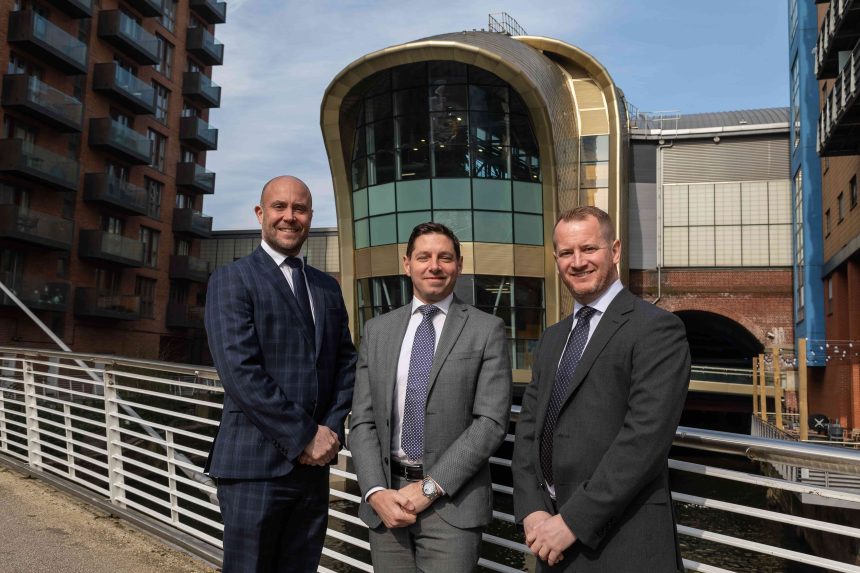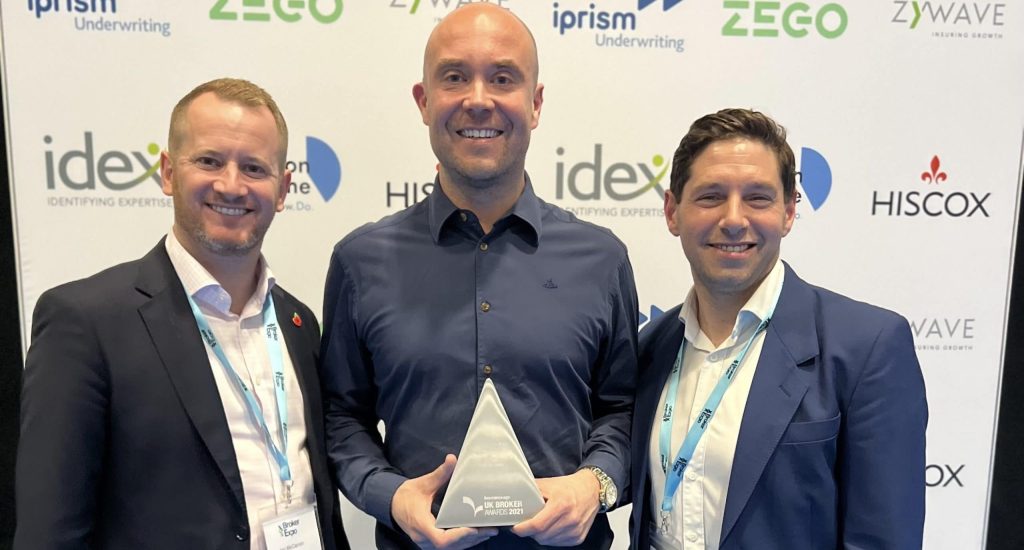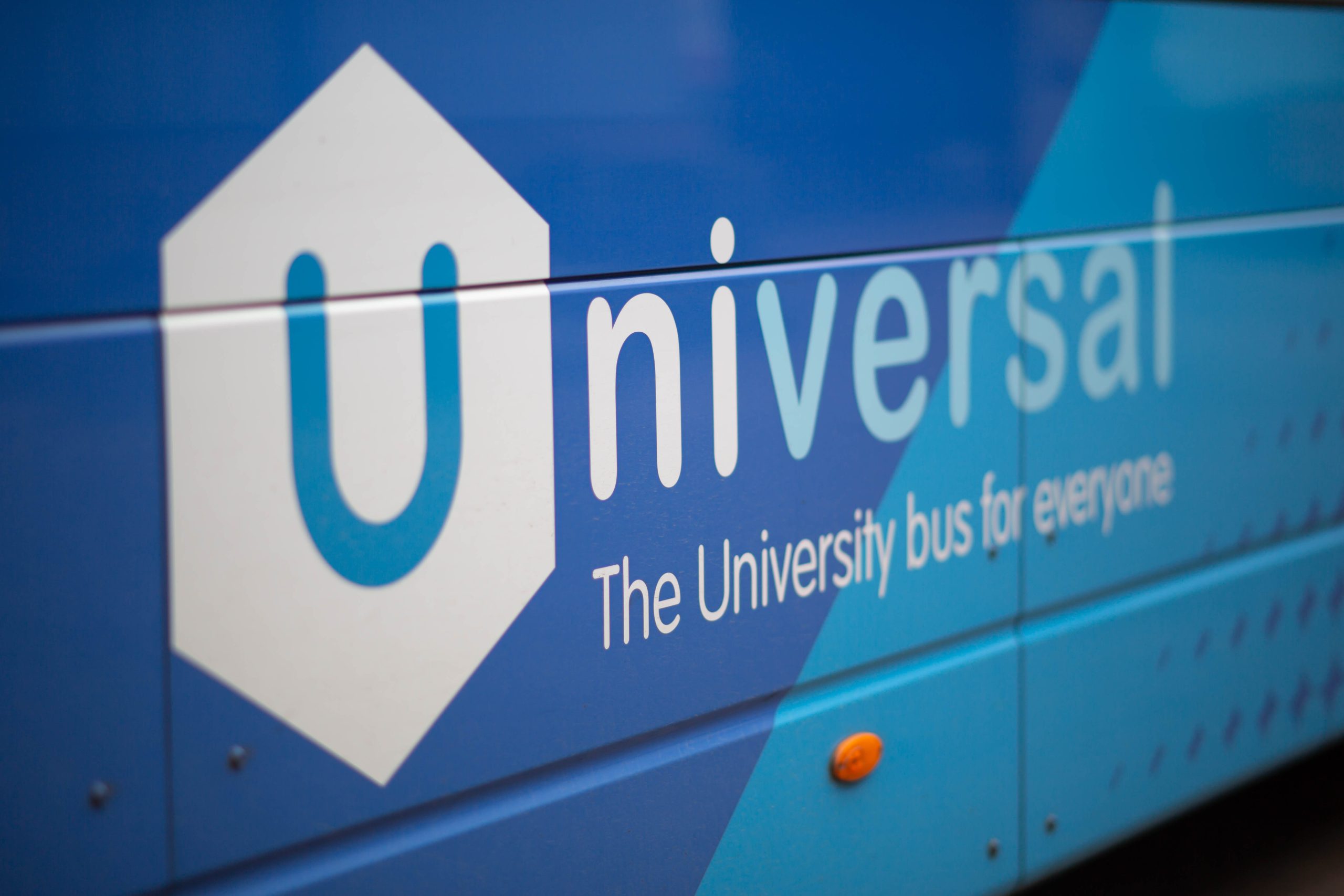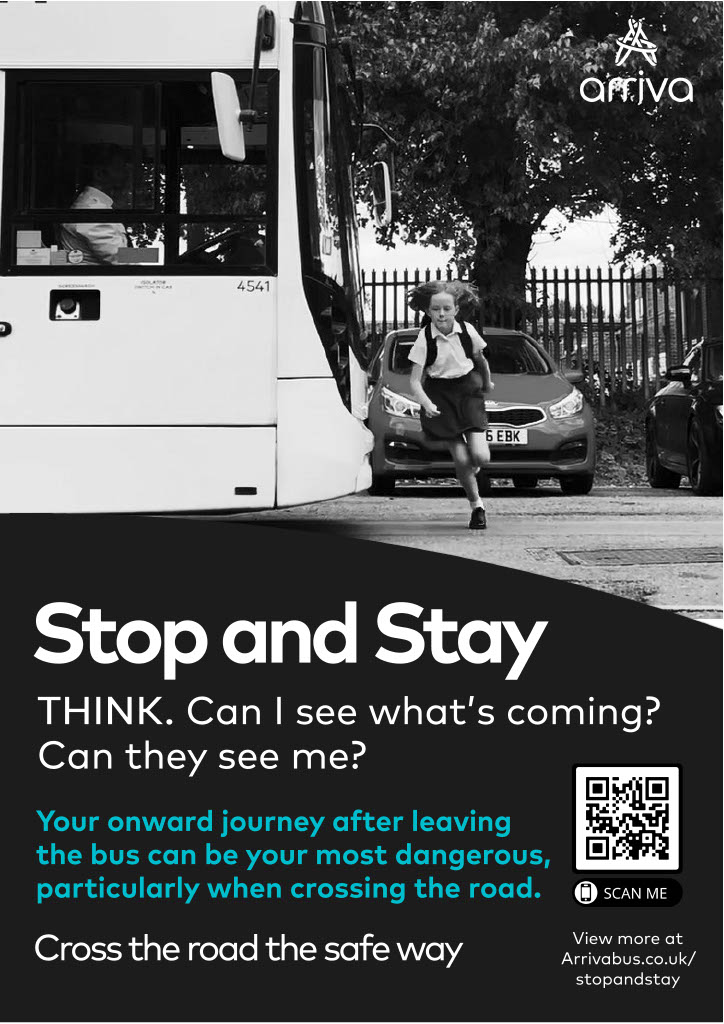The prospect of paying insurance premiums may not be the most appealing aspect of operating a coach company, but clients rightfully expect comprehensive support and protection once they have invested in their policy.
McCarron Coates made that commitment clear to routeone back in 2019, stating that its personal approach to commercial insurance provision was then, as it is now, the hallmark of what sets it apart from other insurance providers.
Now in its seventh year of trading, and following a steady expansion, the business has built up a reputation of service delivery and risk management within its own market that has delivered benefits for the entire chain, from client to insurance provider. It was recognised at the Insurance Times Awards, winning both silver and gold in 2019 for Commercial Lines Broker of the Year and Claims Broker of the Year respectively, and silver again in 2022 for Specialist National Broker of the Year, and took home the Commercial Lines Broker of the Year Award at the UK Broker Awards in 2021.
The goal is to become the favoured provider to the transportation industry for insurance and risk management services, and founders Ian McCarron and Paul Coates feel they are well on their way to achieving that.
Agile and involved
Significant marketing and campaigning efforts have gone alongside McCarron Coates’ work to offer a range of client-facing services that other insurance brokers cannot provide. They range from involvement with the Guild of British Coach Operators and trade bodies to the Wish you could Hear campaign launched in 2020 to save coach companies during the COVID-19 crisis. It published guidance for fleet operators on how to lower insurance claims in 2022, and last year launched a special RTC crisis line to all its clients that offers them 24/7 access to transport sector legal specialists who can immediately offer advice and legal protection following a serious incident.
“We’re open to new things in the industry,” Ian says. “In addition to having a solicitor on scene within two hours based on location, we recently took part in a mock trial in Birmingham in which we ran through a scenario where an HGV driver had fatally injured a cyclist. We believe we’re the only broker in the country to subscribe this service for our customers. It can be bought off the shelf at a higher cost, but we recognise that if a client phones us at any time of the day, it is likely to be about a serious incident. They will ask what we can do about it. Now, we can rally around and speak to insurers to get legal support.”
Those elements come at a significant cost to McCarron Coates, and independence has been the driver behind their introduction. Options from external investors and partnerships have been turned down in favour of ensuring the business’ focus remains the same as it was the day it was founded. With Luigi Maggio beside them, who joined the business just over two years ago to grow the non wheels-based insurance, just three main investors make up the company. As Paul says, it is their money, their investment, and their livelihoods.
Introducing features like the RTC crisis line is, Ian says, a risk-reward. “The easy option would be to say no,” he adds. “The more challenging option is to ask if this adds more value to our customers, does it protect them, and does it make us better recognised as a leading insurance provider. When the answer is yes, we put a fair amount of consideration into an opportunity. If we feel it’s right for our customers, we’re happy to invest.
“We’re always looking at things that we can provide for the industry that nobody else does, or that nobody else thinks of. And we can only really do that, we think, because there are only two people on the fleet side who make decisions. We’re not employees of a brokerage, we don’t have to go through a management board. We decide it, we want it, we do it.”
In addition to the RTC crisis line and a high quality claims team, McCarron Coates now boasts a risk management support package, a mobile app, and unique reporting suites with claims reports every month or quarter (depending on the size of the client) that provide the customer with a unique set of reports with key metrics on performance. “The purpose of the latter is to show visibility all the way through,” Ian says. “It might be working with clients to spot trends in claims performance, or it might be that some vehicles, depots or sites have more incidents. Being able to recognise that and spot it early means we can start to work with it, and some of those trends can be an easy fix.”
 Considerate growth
Considerate growth
All this combines to create a market position that, for Paul and Ian, has never been stronger, and which encourages favourable proposals from insurance providers. But the growth is checked by a desire to ensure nothing comes at the expense of existing clients.
“We could grow a lot quicker, and we have seen businesses that have lost sight of why they originally began as they have grown,” says Paul. “We don’t want that to happen. We have a long time left in this industry. We started on coach and bus, that’s what we like doing, and that’s where our focus will always be. That’s why we’ve been fortunate to have worked with some of the same clients in excess of 20 years now.”
A traditional approach assists with that. Ian and Paul will always favour in-person meetings to dig down into what makes a company tick. Balancing that with the evolution of technology, which constantly strives to make the claims process more streamlined at the expense of the human element, is a delicate act. “We just have to continue doing what we’re doing and looking for additional products and services that we can provide,” says Paul. “We have to ask: What’s the next RTC crisis line? How can we continue offering products and services to coach and bus operators that are unique to McCarron Coates?”
The pair have begun plans for a claims masterclass later in the year for customers to understand the challenges from insurers’ and brokers’ positions. “What we want is for people in our industry to have the opportunity to explain why things are the way they are, and how we can work as a collective to get the best outcome.”
They also plan to continue the growth of the business and are currently recruiting, with the number of staff to swell to 27 by the end of the year. “Did we ever think we’d have a business this big? Possibly not,” Paul says. “But we want to keep growing, to keep doing what we do, and to keep doing it well.”















 Considerate growth
Considerate growth









